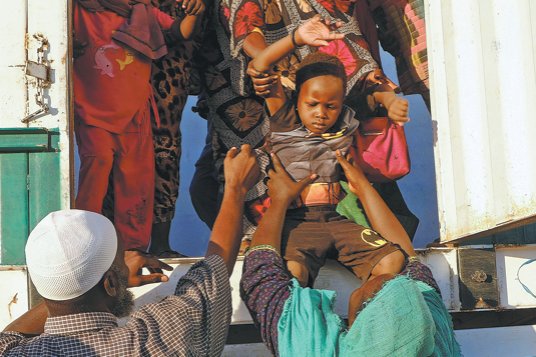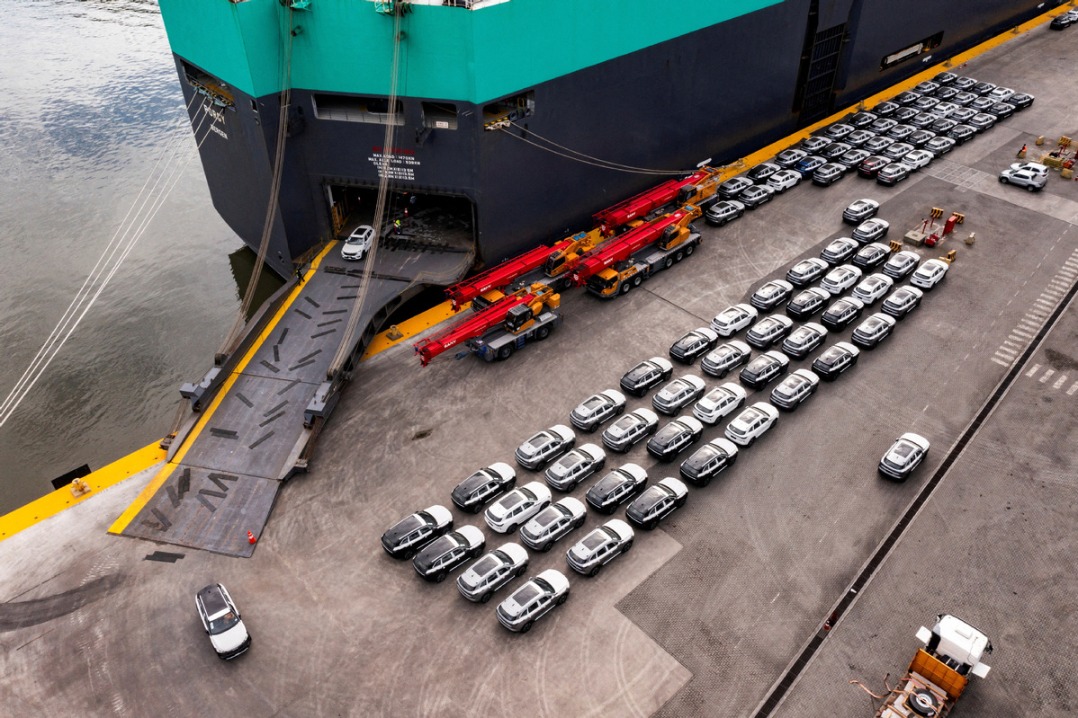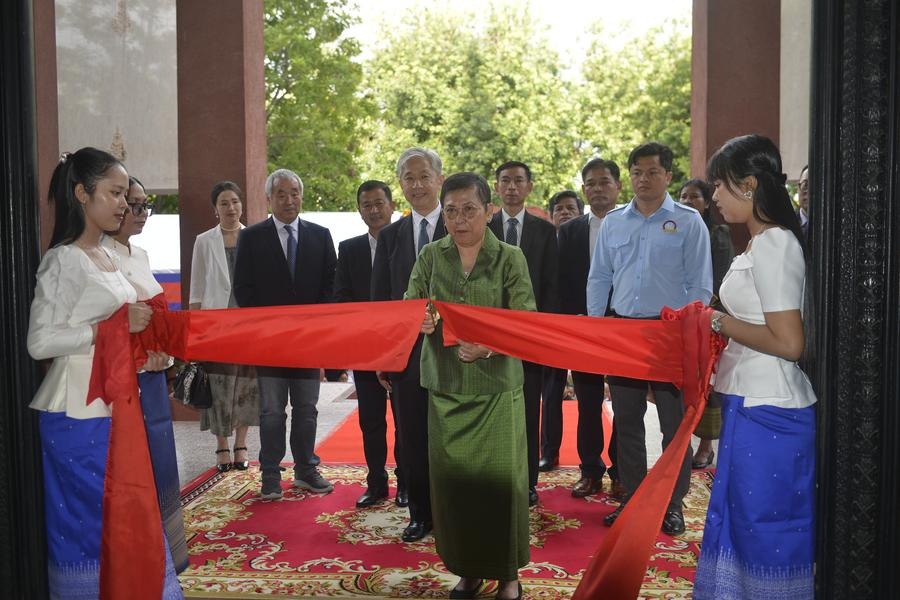Summit to help Africa reinforce its reforms
Unity and support from Global South highlighted in global order overhaul


The first-ever G20 summit on African soil marks a decisive moment for Africa to leverage support from Global South partners to reinforce urgent, far-reaching reforms that promote equitable development, an overhaul of global governance, and the strengthening of genuine cooperation among nations.
Scholars, diplomats, and experts have attributed Africa's marginalization in the global order to the domination of a small group of powerful actors, which have consistently sidelined the voices and interests of Global South countries.
"This structural imbalance has perpetuated inequality and artificially limited opportunities for meaningful participation in the global governance," said David Monyae, the director of the Centre for Africa-China Studies at the University of Johannesburg, South Africa.
This is despite the fact that developing economies are increasingly shaping global outcomes, Wu Peng, China's ambassador to South Africa, said.
"I see on average developing economies are growing faster than developed ones," Wu said. "We can say that the Global South is no longer the silent majority of the international system."
Wu highlighted China's decision to grant zero-tariff treatment to products from 53 African countries, calling it a practical step toward fairer global trade systems.
He said the tariff wars launched by the United States have seriously harmed the legitimate interests of many countries and undermined the modernization process of the Global South.
With South Africa preparing to host the G20 summit this weekend, Wu said reforming global governance requires unity and leadership from the Global South.
The ambassador reaffirmed China's full support for South Africa's G20 presidency, stressing that China and South Africa are equal partners bound by mutual respect and mutual benefit, united in advancing true multilateralism, and committed to growing together with Africa.
Sino-African expert and economic analyst, Paul Frimpong, said that the historic event presents a defining opportunity to recalibrate the rules of global engagement, move beyond narratives of aid and dependency, and toward genuine partnership, investment, and reform.
"For African nations, this is not merely about hosting the world, it is about reframing the world's priorities through Africa's lens — one that values justice, sustainability, and shared prosperity," Frimpong said.
He said it's unfortunate that Africa has been positioned as the "subject" of global policy debates rather than an equal participant in shaping them.
"Hosting the G20 in Africa allows the agenda to be reframed — from managing crises for Africa to co-creating solutions with Africa," he added.
As the founder and executive director of the Africa-China Centre for Policy and Advisory in Ghana, Frimpong noted that China's expanding engagement with Africa offers important lessons on how the G20 can evolve into a more inclusive and balanced global order.
"Over the past two decades, China has deepened partnerships across the continent through trade, investment, infrastructure and green cooperation — not merely as a donor, but as a development partner committed to mutual benefit," he said.
Through initiatives such as the Belt and Road Initiative, the Global Development Initiative, and its expanding role in climate finance, Frimpong pointed out that China has demonstrated that investment in Africa is not charity, but a strategy.
As the G20 convenes in Africa, Frimpong noted that China is well-positioned to use its influence to push for fairer multilateral lending mechanisms, accelerate the delivery of green financing, and promote digital cooperation that bridges the technology gap.
































